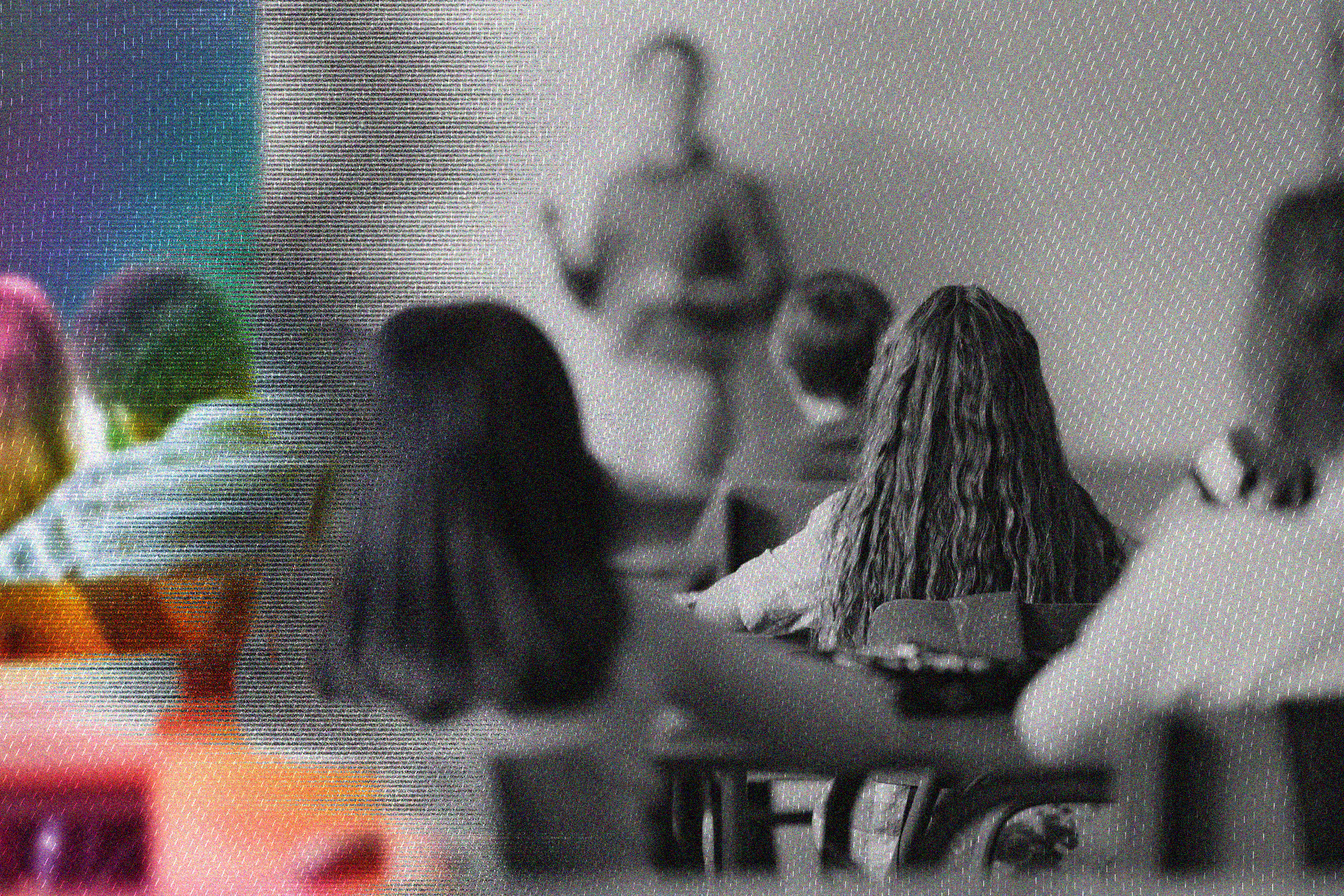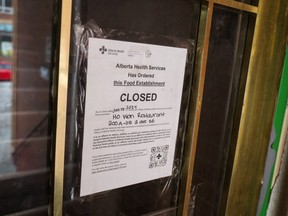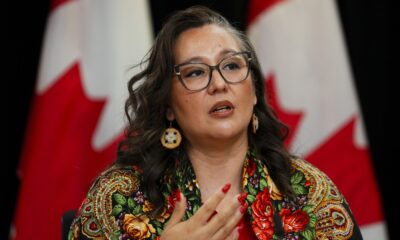Top Stories
Alberta’s Education Crisis Escalates Amid Conservative Push

UPDATE: Alberta’s education landscape is facing an urgent crisis as Premier Danielle Smith’s government implements controversial restrictions that could reshape the future of schools. New reports confirm that legislation targeting what names and pronouns students can use, alongside significant changes in sex education and library access, is being driven by conservative activist groups rather than concerned parents.
The Parkland Institute has released a critical report shedding light on the growing ideological battle over Alberta’s education system. Organizations like Action4Canada and Take Back Alberta are at the forefront, pushing for policies that restrict students’ rights and freedoms. These developments echo a similar movement seen in the United States, which has sparked a national discourse on educational governance.
As of October 20, Alberta will witness pivotal school board elections, with many candidates being trained to advocate for anti-LGBTQ2S+ messaging. “This isn’t just about transgender rights; it’s about reclaiming control over education and politics,” warns Heather Ganshorn, author of the Parkland report and a parent of two students in Alberta schools. She emphasizes that the stakes extend far beyond LGBTQ2S+ youth, affecting all students and the fabric of public education.
Recent proposals to ban certain books in school libraries, deemed inappropriate due to “sexually explicit content,” have raised alarms. Education Minister Demetrios Nicolaides claimed these changes resulted from discussions with concerned parents. However, investigations reveal that lists of targeted books were provided by conservative advocacy groups, including the Parents for Choice in Education (PCE) and Action4Canada.
Among the books flagged were LGBTQ2S+ graphic novels aimed at youth, with critics arguing this is a blatant act of censorship. Although the policy was revised to ban only “explicit visual depictions of a sexual act,” notable titles like Maia Kobabe’s Gender Queer remain at risk of removal.
The ramifications of this movement are profound. Ganshorn notes a concerning trend of outside influence in Alberta’s educational policies by groups disconnected from the realities of students and their families. “Why do they care so much about education?” Ganshorn questions, pointing out that the push for “parental rights” often stems from ideological agendas rather than genuine concern for children.
This challenge mirrors narratives in other provinces, such as Saskatchewan, where similar anti-LGBTQ2S+ policies were justified by claims of parental concern despite little evidence of widespread demand. The involvement of groups like Action4Canada, which has ties to various right-wing movements, raises questions about the motivations behind these legislative changes.
Experts warn that these attacks on educational freedom serve as a blueprint for broader social conservatism and school privatization across Canada. Hazel Woodrow, education program manager for the Canadian Anti-Hate Network, describes Action4Canada’s tactics as reminiscent of historical anti-abortion campaigns, where misinformation circulates rapidly through social media, stoking fear and moral panic.
As the October 20 elections approach, the urgency for parents and educators to engage in this discourse has never been greater. Ganshorn emphasizes that the influence of these groups is already being felt, with the potential to fundamentally alter the educational landscape in Alberta.
These developments call for immediate attention and action from all stakeholders in education. With the stakes so high, Alberta’s future is at a critical juncture. The impact on students, particularly those from marginalized communities, can be devastating if these policies go unchallenged.
Stay tuned as we continue to follow this developing story, highlighting the implications for students and educators across Alberta.
-

 Politics4 weeks ago
Politics4 weeks agoSecwepemc First Nation Seeks Aboriginal Title Over Kamloops Area
-

 World5 months ago
World5 months agoScientists Unearth Ancient Antarctic Ice to Unlock Climate Secrets
-

 Entertainment5 months ago
Entertainment5 months agoTrump and McCormick to Announce $70 Billion Energy Investments
-

 Science5 months ago
Science5 months agoFour Astronauts Return to Earth After International Space Station Mission
-

 Lifestyle5 months ago
Lifestyle5 months agoTransLink Launches Food Truck Program to Boost Revenue in Vancouver
-

 Technology3 months ago
Technology3 months agoApple Notes Enhances Functionality with Markdown Support in macOS 26
-

 Lifestyle3 months ago
Lifestyle3 months agoManitoba’s Burger Champion Shines Again Amid Dining Innovations
-

 Top Stories2 months ago
Top Stories2 months agoUrgent Update: Fatal Crash on Highway 99 Claims Life of Pitt Meadows Man
-

 Politics4 months ago
Politics4 months agoUkrainian Tennis Star Elina Svitolina Faces Death Threats Online
-

 Sports5 months ago
Sports5 months agoSearch Underway for Missing Hunter Amid Hokkaido Bear Emergency
-

 Politics5 months ago
Politics5 months agoCarney Engages First Nations Leaders at Development Law Summit
-

 Technology5 months ago
Technology5 months agoFrosthaven Launches Early Access on July 31, 2025





















